Griselda, the Colombian drug lord known as the ‘Cocaine Godmother’, is being portrayed in a Hollywood makeover. As a ruthless criminal mastermind, she operated one of the most lucrative cartels in 1980s Miami.
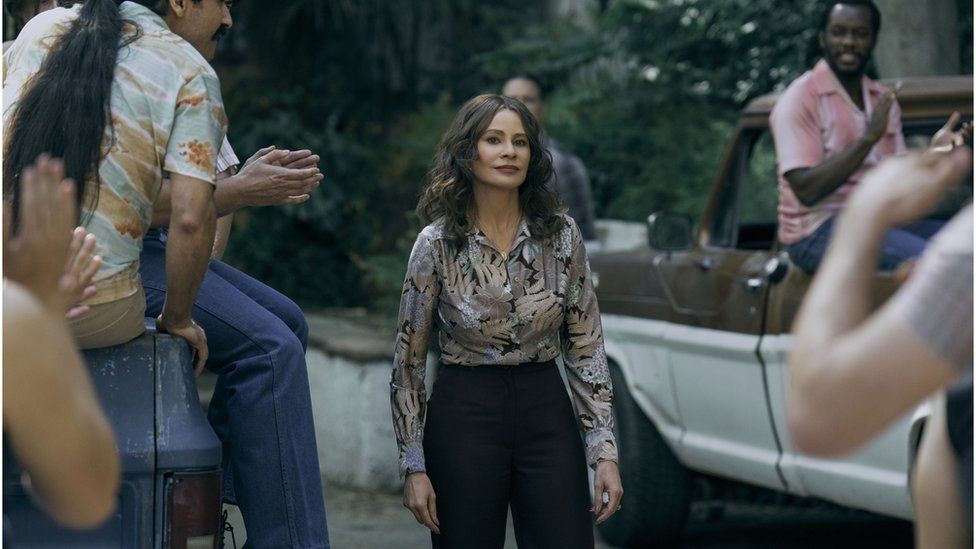
Griselda, the Colombian drug lord known as the ‘Cocaine Godmother, The ruthless criminal mastermind ran one of the most profitable cartels in history in 1980s Miami.
“Pablo Escobar reportedly once confessed, ‘The only individual who ever instilled fear in me was a woman named Griselda Blanco.’ Notorious for orchestrating one of the most lucrative drug cartels in history, Blanco was a merciless criminal mastermind who instigated killings merely based on her displeasure with someone’s gaze. Throughout the 1970s and 80s, her name struck terror in the heart of Miami.
In a Hollywood transformation, the infamous drug lord is now portrayed by Sofía Vergara, known for her role in Modern Family, collaborating with the creators of the crime drama Narcos. The six-part Netflix series titled ‘Griselda’ unfolds with gripping shoot-outs and showcases the opulent yet perilous world of the nouveau riche, portraying Blanco as a shrewd and ambitious woman who, despite her hardships, navigates the criminal underworld with cunning.”
The genuine narrative of the woman, known as the “cocaine godmother” and accountable for the killing of her three husbands, is considerably more intricate.
Born in Colombia in 1943, Blanco delved into a life of crime at the tender age of 11, reportedly fatally shooting a wealthy boy she had abducted when his parents refused to pay a ransom.
In 1964, at the age of 21, she unlawfully immigrated to New York accompanied by her three children and husband, embarking on a venture in marijuana sales.
Vergara, a fellow Colombian, emphasized Blanco’s early struggles, stating, “It is crucial to recall Griselda’s early life—a struggling immigrant single-handedly raising three kids without any resources, education, or tools for survival,” in an interview with the BBC.
Showrunner Eric Newman aimed to humanize the intricate character of Griselda Blanco, noting that everyone has an explanation, not an excuse. Newman portrayed Blanco as a single mother escaping an abusive relationship, making her relatable in certain aspects.
“He is a woman in a man’s world, working tirelessly to prove herself, using her intelligence to outsmart those around her. People initially find themselves cheering for her,” added co-director Andrés Baiz.
In 1970, Blanco orchestrated the killing of her first husband and subsequently relocated to Miami. It was in Miami that she crossed paths with her second husband, Alberto Bravo, a drug trafficker who exposed her to the more sinister aspects of the narcotics underworld.
Blanco’s inclination for violence and her bold methods of drug smuggling, such as transporting young women from Colombia to the US with cocaine concealed in their bras and underwear, quickly propelled her to the helm of the entire criminal operation.
As the conflict escalated in the Miami drug wars and rival cartels engaged in violent confrontations, Blanco became increasingly merciless. In 1975, she shot her husband under the suspicion that he was embezzling money from her. In 1983, Blanco orchestrated the assassination of her third husband after he left Miami with their child, Michael Corleone.
Known as the Black Widow due to her brutal and unrelenting demeanor, Blanco’s criminal empire thrived. By the early 1980s, she had become one of the world’s wealthiest and most dreaded women, overseeing the trafficking of 1.5 tonnes of cocaine to the United States every month.
“I genuinely believe that when Griselda initially relocated to Miami, her primary motives revolved around safeguarding and providing for her family. However, somewhere along the journey, the allure of power and wealth transformed her into a formidable force,” Vergara shared with the BBC.
During the early 1980s, Blanco turned down a $15 million offer from a rival cartel, refusing to surrender her empire.
Although she wielded unwavering control over the narco empire in Miami for two decades, Blanco was keenly aware that her standing in an industry dominated by chauvinistic men was precarious. There was a point when she permitted a man to represent her business because local dealers insisted on deals being conveyed by a man. However, when he was arrested for murder, Blanco opted to personally lead the business, leveraging her outsider status to her advantage.
Between April and September 1980, around 135,000 Cubans migrated to the United States, earning the name Marielitos. Some among them were already involved in criminal activities such as gang affiliations, drug trafficking, and contract killing.
Seizing the opportunity, Blanco strategically recruited them into her operations. Under her leadership, the cartel formed its own cohort of assassins, known as Pistoleros, who gained notoriety for their motorcycle-based executions.
Blanco, being an outsider herself, adeptly gathered this eclectic group around her. According to Baiz, she recognized the challenge of establishing trust in an industry where it was scarce, and she excelled at making these individuals, considered misfits by societal standards, feel like they belonged to her extended family.
Vergara was drawn to Blanco’s misfit status, finding resonance in her own experiences. As a Colombian, a mother, and an immigrant, Vergara empathized with the judgment faced by women like Griselda. Today, Vergara recognizes that her accent requires extra effort to overcome biases and secure equal opportunities.
In the mid-1980s, Blanco’s criminal empire started to crumble, and her reign of terror abruptly ended with her arrest in Irvine, California.
The show attributes Blanco’s ability to dominate Miami’s drug scene for two decades to her gender. The team suggests that being a woman allowed her to elude capture and vanish when necessary because no one would suspect a woman of orchestrating a cartel of such magnitude. Vergara emphasized that societal expectations played a role, stating, “Because she was a woman, she was able to get away with a lot and disappear when she needed to—no one would expect a woman to be running a cartel that size. People think a woman could never be this evil.”
Despite male-dominated drug enforcement agencies dismissing the idea of a woman leading the narcos trade, someone was actively pursuing that line of inquiry.
Despite facing routine dismissal and being relegated to the role of translating Spanish for her colleagues, June Hawkins, a female intelligence analyst in the Miami police department, remained determined to apprehend Blanco from as early as the mid-1970s.
Newman emphasized Hawkins’ crucial role in the narrative, stating, “She functions as a mirror to Griselda, being a young single mother of Latin descent navigating a world that marginalized women. Her character serves to illustrate to audiences that Griselda’s chosen path was not the only option available to women like them.”
On February 17, 1985, Blanco was apprehended at her residence and convicted of engaging in the production, importation, and distribution of cocaine. She also faced three charges of first-degree murder and served a twenty-year prison sentence. While incarcerated, three of her sons lost their lives. After her release in 2004, she was expelled to Colombia and lived a low-profile existence.
On September 3, 2012, at the age of 69, she fell victim to a fatal drive-by shooting carried out by a man on a motorbike in Medellín, replicating the assassination style she had popularized during her reign.
“The fact that she was mercilessly killed underscores the depth of animosity towards her. By 2012, she had become a powerless woman, leading a reclusive life with three of her four children already deceased,” remarked Newman in an interview with the BBC.
Baiz describes the tale of this chain-smoking, gun-toting killer as a “perfect arc.”
“Starting from humble beginnings, she experiences extraordinary highs, but as the story unfolds, it transforms into a tragedy marked by profound loss.”
Despite the gripping narrative of Blanco’s powerful life, she often remains overlooked in historical accounts. Even Vergara, who grew up in Colombia during the narco trafficking era, admitted to having never heard of her. After discovering Blanco’s story, she found it “impossible” to believe it was true.
“That’s precisely why I wanted to portray Griselda. She embodies the roles of mother, villain, lover, and killer all at once. Above all, she illustrates the complexity inherent in human nature.”
Read More: Jennifer Coolidge thanks ‘evil gays’ in Emmys speech

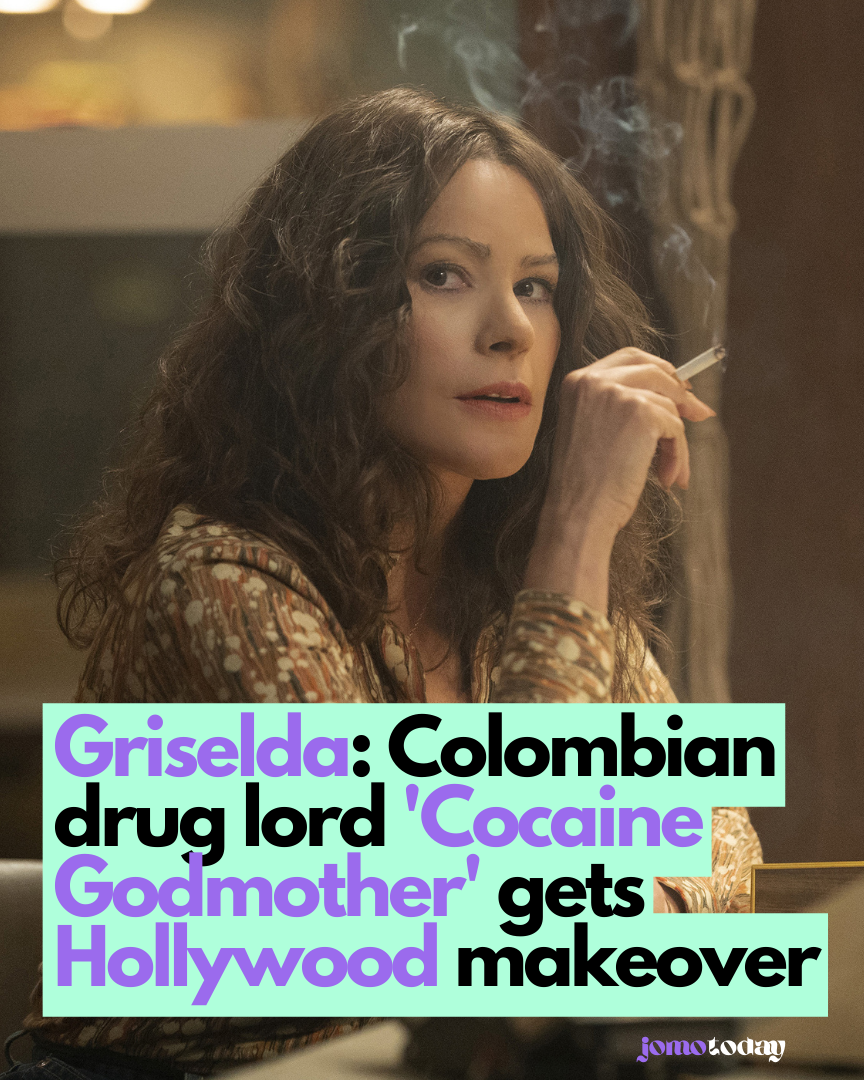
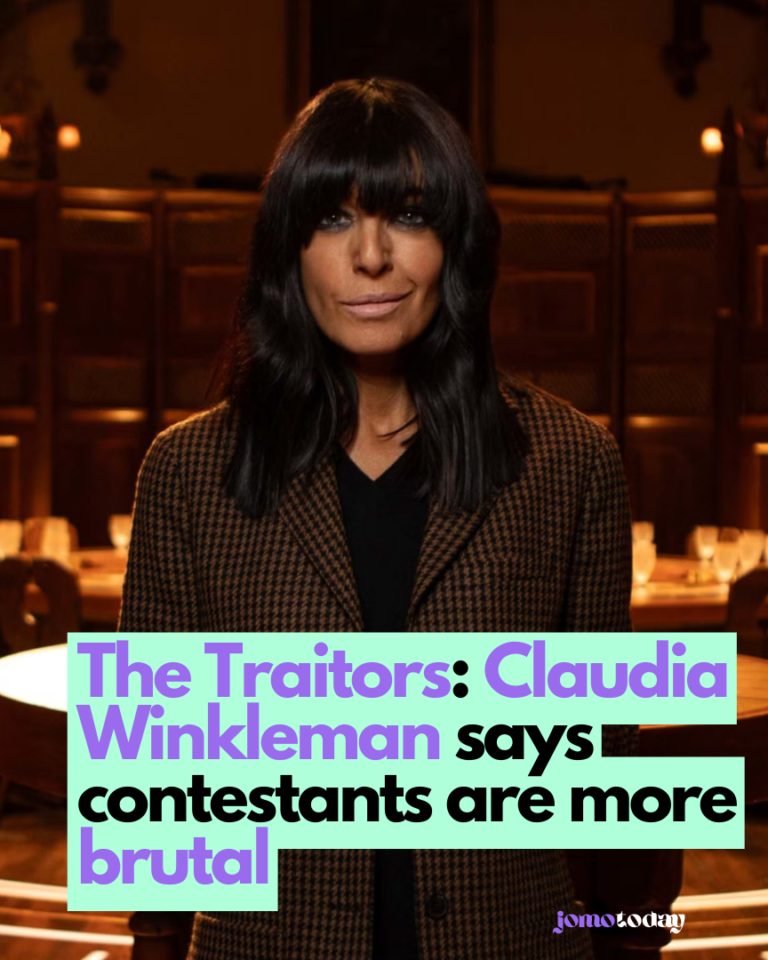
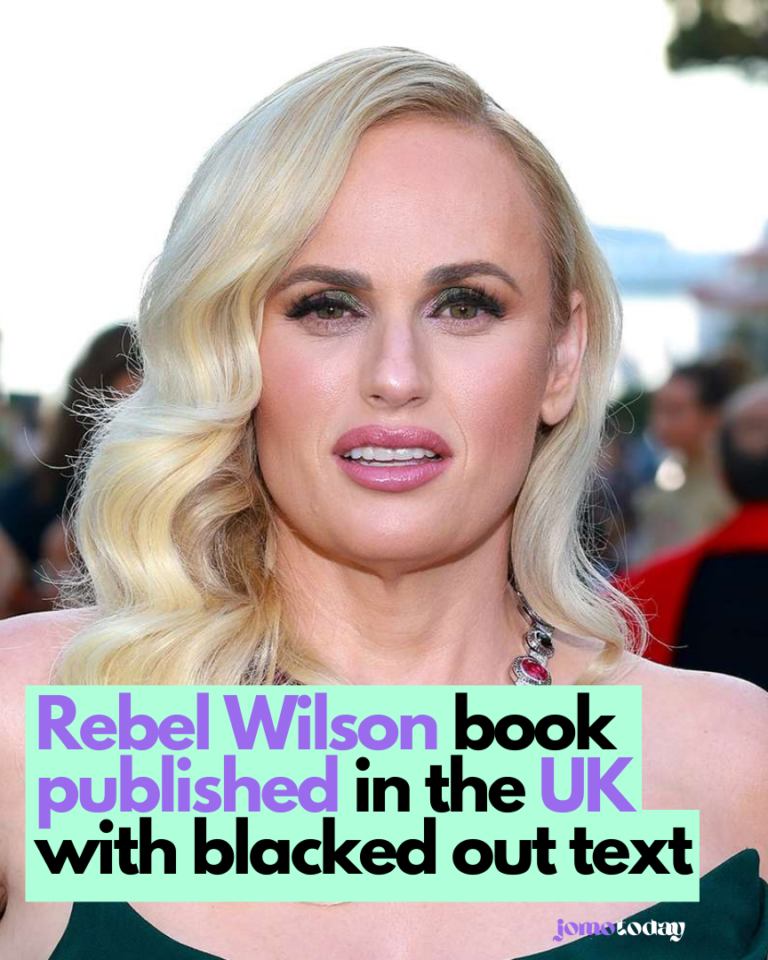
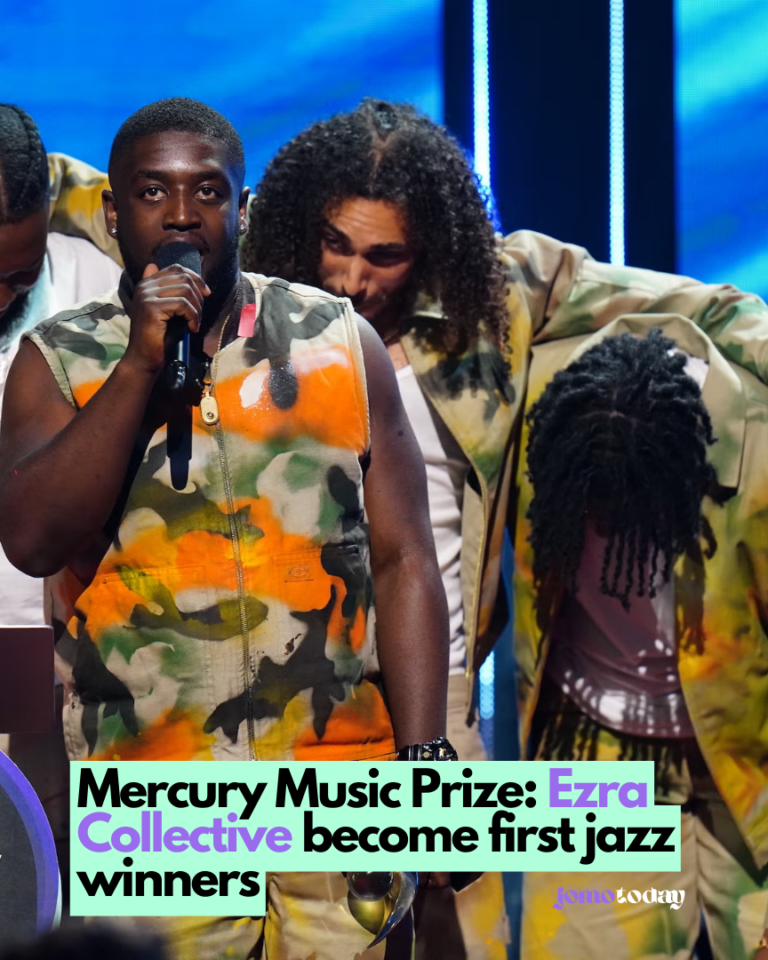
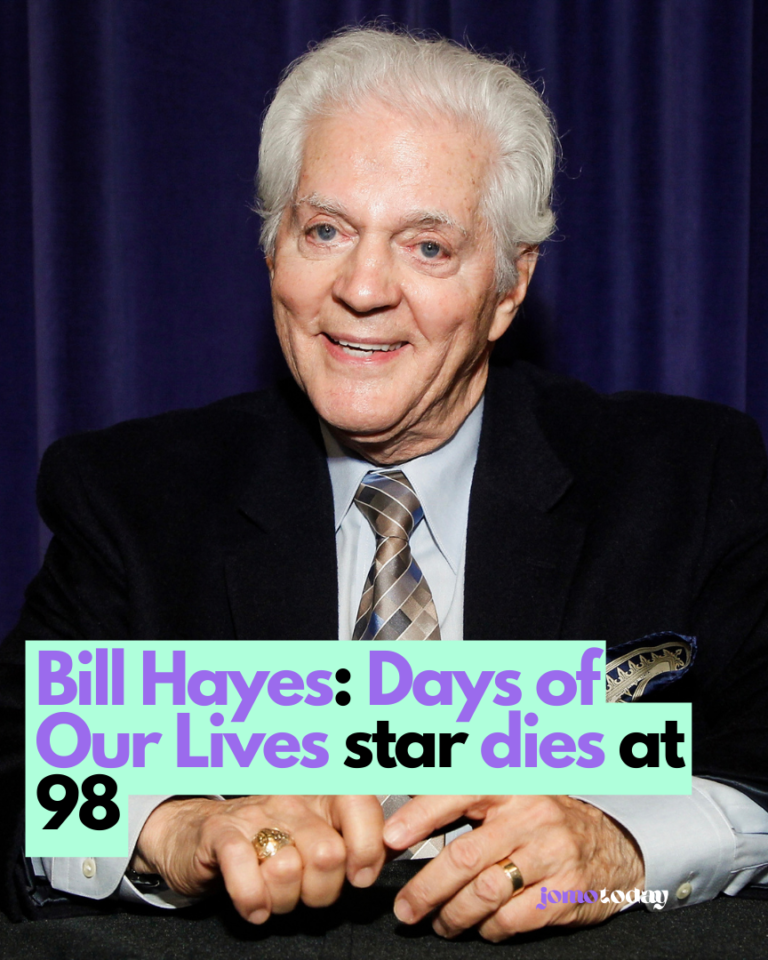
Leave a Comment